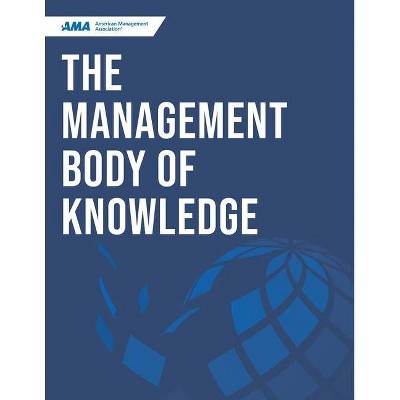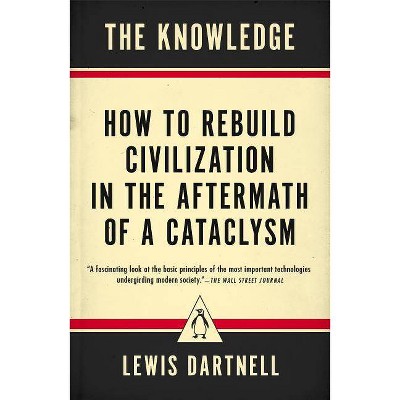The Island of Knowledge - by Marcelo Gleiser (Paperback)

Similar Products
Products of same category from the store
AllProduct info
<p/><br></br><p><b> About the Book </b></p></br></br>Do all questions have answers? How much can we know about the world? Is there such a thing as an ultimate truth? To be human is to want to know, to understand our origins and the meaning of our lives. In The Island of Knowledge, physicist Marcelo Gleiser traces our search for answers to the most fundamental questions of existence, the origin of the universe, the nature of reality, and the limits of knowledge. In so doing, he reaches a provocative conclusion: science, the main tool we use to find answers, is fundamentally limited. As science and its philosophical interpretations advance, we are often faced with the unsettling recognition of how much we don't know. Limits to our knowledge of the world arise both from our tools of exploration and from the nature of physical reality: the speed of light, the uncertainty principle, the second law of thermodynamics, the incompleteness theorem, and our own limitations as an intelligent species. Our view of physical reality depends fundamentally on who we are and on how we interact with the cosmos.<p/><br></br><p><b> Book Synopsis </b></p></br></br><b>Do all questions have answers? How much can we know about the world? Is there such a thing as an ultimate truth?</b> <p/> To be human is to want to know, but what we are able to observe is only a tiny portion of what's out there. In <i>The Island of Knowledge</i>, physicist Marcelo Gleiser traces our search for answers to the most fundamental questions of existence. In so doing, he reaches a provocative conclusion: science, the main tool we use to find answers, is fundamentally limited. <p/> These limits to our knowledge arise both from our tools of exploration and from the nature of physical reality: the speed of light, the uncertainty principle, the impossibility of seeing beyond the cosmic horizon, the incompleteness theorem, and our own limitations as an intelligent species. Recognizing limits in this way, Gleiser argues, is not a deterrent to progress or a surrendering to religion. Rather, it frees us to question the meaning and nature of the universe while affirming the central role of life and ourselves in it. Science can and must go on, but recognizing its limits reveals its true mission: to know the universe is to know ourselves. <p/> Telling the dramatic story of our quest for understanding, <i>The Island of Knowledge</i> offers a highly original exploration of the ideas of some of the greatest thinkers in history, from Plato to Einstein, and how they affect us today. An authoritative, broad-ranging intellectual history of our search for knowledge and meaning, <i>The Island of Knowledge</i> is a unique view of what it means to be human in a universe filled with mystery.<p/><br></br><p><b> About the Author </b></p></br></br><b>Marcelo Gleiser</b> is Appleton Professor of Natural Philosophy and Professor of Physics and Astronomy at Dartmouth College. He has published numerous popular works, including an essay, Emergent Realities in the Cosmos, which was featured in 2003's <i>Best American Science Writing</i>, and three previous books: <i>The Dancing Universe, The Prophet and the Astronomer</i>, and <i>A Tear at the Edge of Creation</i>.
Price History
Price Archive shows prices from various stores, lets you see history and find the cheapest. There is no actual sale on the website. For all support, inquiry and suggestion messages communication@pricearchive.us




















